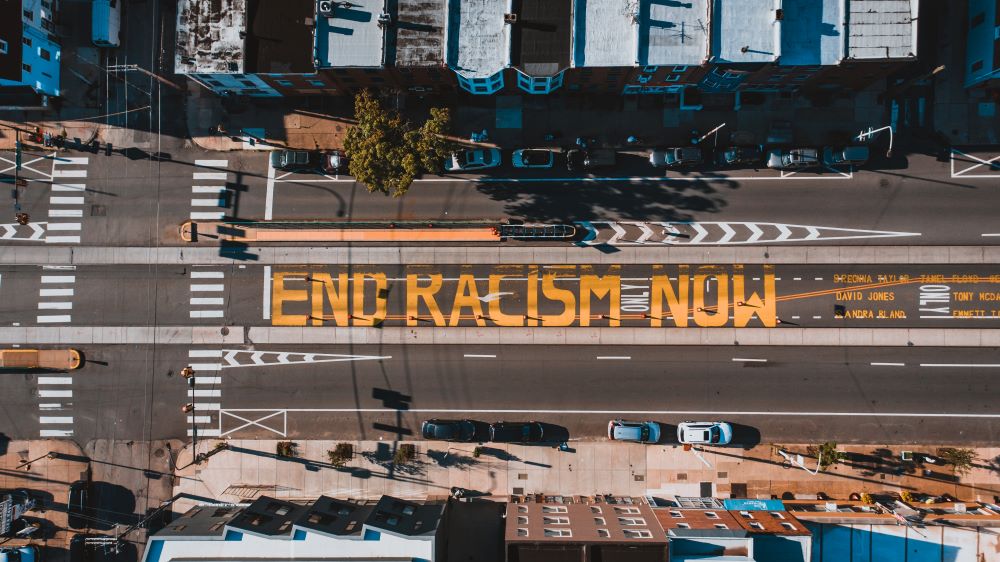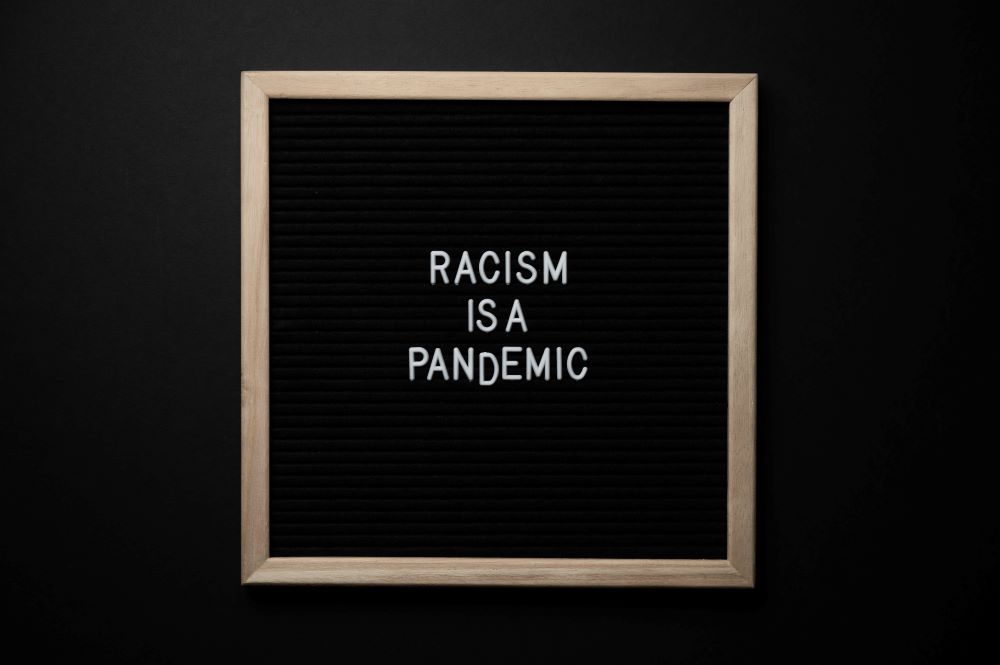Racial inequities must be more adequately addressed to eliminate negative health outcomes among minority populations.
In a recent discussion, Dr. Uché Blackstock, author of a book where she focused on the how a black physician reckoned with the racism experienced when it comes to Medicine, looked into the profound influence of systemic racism and historical legacies on Black communities and health disparities, in particular.
The conversation was sparked by a compelling study from Dr. L. Ebony Boulware, revealing a robust link between racism and chronic health conditions in Black and Brown communities in America. Blackstock’s insights challenged the conventional narrative attributing health issues to individual choices, advocating for a paradigm shift that recognizes systemic factors contributing up to 80% of health outcomes, as illuminated by Boulware’s groundbreaking research.
The crux of Blackstock’s argument lies in the acknowledgment of historical injustices, particularly the enduring impact of slavery and Jim Crow, and their contemporary manifestation in systemic racism.
Contrary to the prevailing perception that individual choices predominantly dictate health, she emphasized that only 20% of health outcomes could be attributed to such decisions. The remaining 80%, she argued, is intricately entwined with systemic factors examined by Dr. Boulware and her research colleagues.
For centuries, Black communities have endured the persistent weight of systemic racism, a force that has permeated every aspect of their lives, from education to employment and, crucially, healthcare. The historical backdrop of slavery and the subsequent Jim Crow era cast long shadows, leaving an indelible imprint on the health trajectories of Black individuals.

The notion of racial inferiority ingrained in these periods has seeped into the fabric of society, fostering discrimination, unequal opportunities, and a myriad of obstacles that significantly contribute to health disparities.
Generations of Black individuals have faced a barrage of challenges fueled by racial prejudices, creating a hostile environment that exacerbates health issues. From limited access to quality education and job opportunities to discriminatory housing policies, systemic racism has systematically denied Black communities the resources and conditions essential for optimal health.
This chronic exposure to adversity takes a toll, manifesting in higher rates of chronic diseases, mental health issues, and limited life expectancy. Health, in this context, becomes not just a matter of personal choices but a reflection of deeply embedded societal structures.
The interplay between historical injustices, systemic racism, and health outcomes illuminates the urgency of dismantling these barriers. Dr. Uché Blackstock’s exploration of the link between systemic factors and Black health shows the need for a comprehensive approach, acknowledging the historical context and working towards a future where health equity is not an aspiration but a tangible reality for Black communities.
What really is systemic racism? The conversation expanded to scrutinize the pervasive influence of systemic challenges on community health. Blackstock shed light on issues such as housing insecurity, food deserts, inadequate education, and a lack of gainful employment.
These, she asserted, are critical factors contributing to poorer health outcomes within Black communities. The urgency lies in addressing these systemic barriers comprehensively, reaching far beyond the traditional confines of clinical interventions.
Beyond clinical discussions, Blackstock highlighted the broader prescription for community health. She emphasized the critical roles of enhanced education, expanded job opportunities, and increased green spaces in nurturing community well-being.
These factors, often overshadowed in healthcare dialogues, were portrayed as wielding the most significant influence over community health, advocating for interventions that transcend clinical settings.
The discussion touched on the burden of chronic diseases prevalent in Black communities, such as diabetes, high blood pressure, and chronic kidney disease. Blackstock passionately connected these health challenges to historical discriminatory practices like housing policies, highlighting the imperative need to dismantle systemic barriers for genuine change.
While concerns have been raised about integrating critical race theory and diversity, equity, and inclusion ideology into medical schools, Blackstock’s emphasis on systemic factors seeks to reshape the narrative surrounding Black health.
By acknowledging the historical context and dismantling systemic barriers, she advocates for a comprehensive approach that prioritizes community well-being and recognizes the broader societal impact on health outcomes. In her vision, exploring the complexities of systemic challenges is the key to fostering genuine health equity within Black communities.
As discussions surrounding racial disparities in healthcare continue, Dr. Uché Blackstock’s insights contribute to a broader conversation about the multifaceted nature of health outcomes. By recognizing the profound impact of systemic factors, there is potential for transformative change that extends beyond individual choices to address the root causes of health disparities in Black communities.
Sources:
‘Systemic racism’ responsible for 80% of Black community’s health issues, doctor argues
Critical race theory-related ideas found in programs at 108 of 155 top American medical schools
Rethinking when and how to use race appropriately in care delivery


Join the conversation!